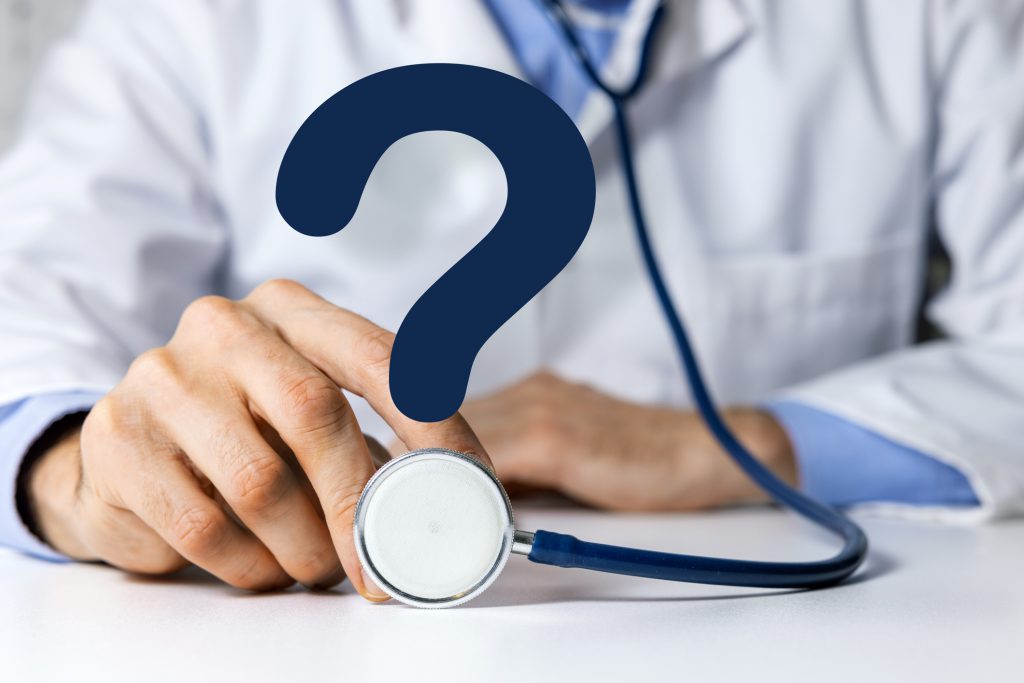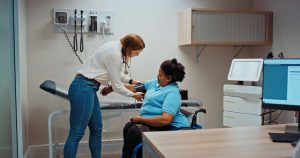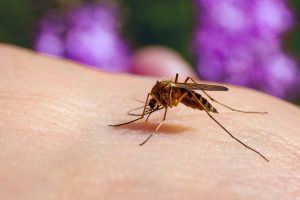 Eclampsia is a condition that causes seizures during pregnancy. It is a rare complication in people with preeclampsia, which causes high blood pressure and protein in urine during pregnancy. Eclampsia generally occurs after the 20th week of pregnancy and requires emergency medical care.
Eclampsia is a condition that causes seizures during pregnancy. It is a rare complication in people with preeclampsia, which causes high blood pressure and protein in urine during pregnancy. Eclampsia generally occurs after the 20th week of pregnancy and requires emergency medical care.
Aside from seizures, people with eclampsia may also experience severe distress, confusion, or loss of consciousness. Before the onset of these symptoms, certain warning signs may occur, such as:
- Severe headaches
- Nausea and vomiting
- Distorted vision or loss of vision
- Swelling of the hands, face, or ankles
- Difficulty breathing or urinating
- Abdominal pain, particularly on the upper right side of the abdomen
A few factors may increase a person’s risk of developing eclampsia. These include:
- A family or personal history of preeclampsia or eclampsia (though most people with preeclampsia do not develop this condition)
- Being pregnant for the first time
- Twins or triplets
- Autoimmune conditions
- Obesity
- Diabetes
- Kidney disease
- Pregnancy at an age younger than 17 or older than 35
While certain factors that increase your risk of eclampsia may be beyond your control, there are steps you can take to manage many of them. You should attend all of your pre-natal medical appointments and get prompt care from your doctor as needed, particularly if you experience symptoms of preeclampsia. Additionally, maintaining a healthy weight through a balanced, moderate diet and regular exercise can help to control your blood pressure.
If you have been diagnosed with eclampsia, your doctor may suggest inducing labor if the fetus is at 37 weeks gestation or more, as this is the most effective means of treating the condition and protecting the health of yourself and your baby. During pregnancy, you may also be prescribed medication to prevent seizures, lower blood pressure, and strengthen the fetus’ lungs.
You can receive treatment for eclampsia at Jamaica Hospital Medical Center’s Women’s Health Center. To schedule an appointment, please call (718) 291-3276. If you are experiencing a medical emergency, please dial 911 immediately.
All content of this newsletter is intended for general information purposes only and is not intended or implied to be a substitute for professional medical advice, diagnosis or treatment. Please consult a medical professional before adopting any of the suggestions on this page. You must never disregard professional medical advice or delay seeking medical treatment based upon any content of this newsletter. PROMPTLY CONSULT YOUR PHYSICIAN OR CALL 911 IF YOU BELIEVE YOU HAVE A MEDICAL EMERGENCY.









